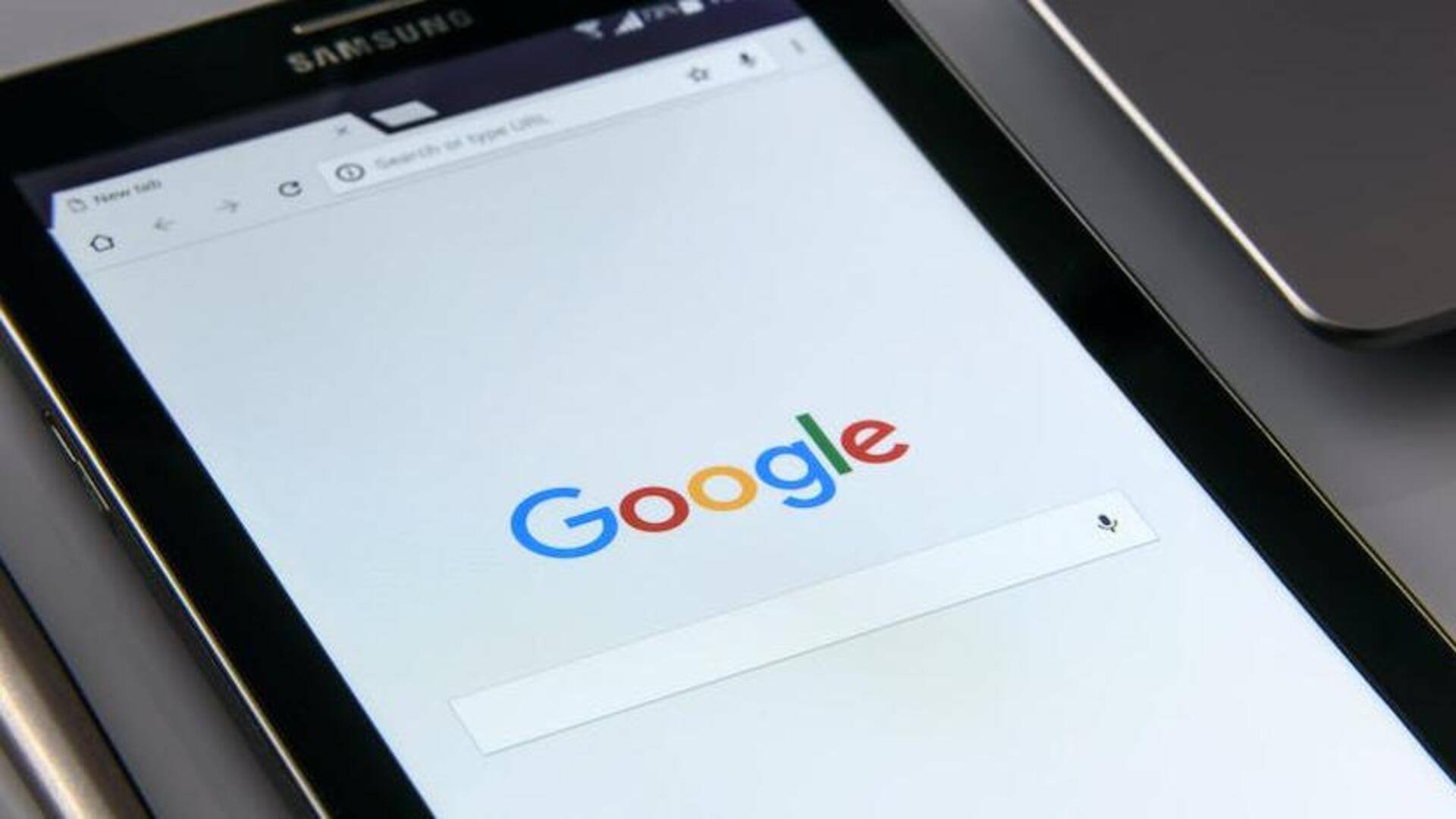
Google's landmark antitrust trial in US: What's at stake
What's the story
Google is defending itself against the US government's accusations of unlawfully building its online search dominance in a trial that could last over 10 weeks and involve more than 100 witnesses. This is the biggest US antitrust case against a big tech company since the Department of Justice took on Microsoft over two decades ago.
Critical case
Why does this story matter?
Google is facing a legal challenge that questions its dominance in the online search market. The company is also dealing with a technological shift brought about by advancements in artificial intelligence (AI), particularly ChatGPT and generative AI. These challenges are happening simultaneously and could reshape Google's role and influence in the online world.
Details
Google's unrivaled dominance in the search market
With a 90% market share in the US and globally, Google remains the world's leading search engine. Much of its success comes from mobile usage on iPhones and Android devices. Google attributes its dominance to the superior quality of its search engine, launched in 1998 by founders Sergei Brin and Larry Page.
What Next?
Government claims illegal exclusivity tactics
The US government alleges that Google illegally forged its online search dominance by entering into exclusive contracts with device makers, mobile operators, and other companies, leaving no room for rivals to compete. Google's payments of billions of dollars annually to Apple, Samsung, and carriers like T-Mobile or AT&T secured its default search engine status on phones and web browsers, allegedly harming competitors like Microsoft Bing and DuckDuckGo.
Insights
Potential consequences and lengthy legal battle
Judge Amit P. Mehta is overseeing the trial. If he upholds any or all of the US government's arguments, Google could face significant remedial action, including a breakup of its business or an order to revamp its operations. The company has already been fined over €8.2 billion in Europe for various antitrust violations, though those decisions are under appeal. The outcome of this case may be appealed by either side, potentially prolonging the legal battle for years.
Conclusion
Justice Department vs. tech titans
Over the years, the US Justice Department has periodically taken on dominant tech companies. Initially, IBM faced scrutiny from 1969 to 1982, followed by Microsoft's antitrust case from 1998 to 2002. Now, it's Google's turn to grapple with regulatory challenges. These cases often coincided with major shifts in computing, like IBM during the mainframe-to-PC transition and Microsoft during the shift from isolated PCs to the World Wide Web. Google's case is happening as AI takes center stage.